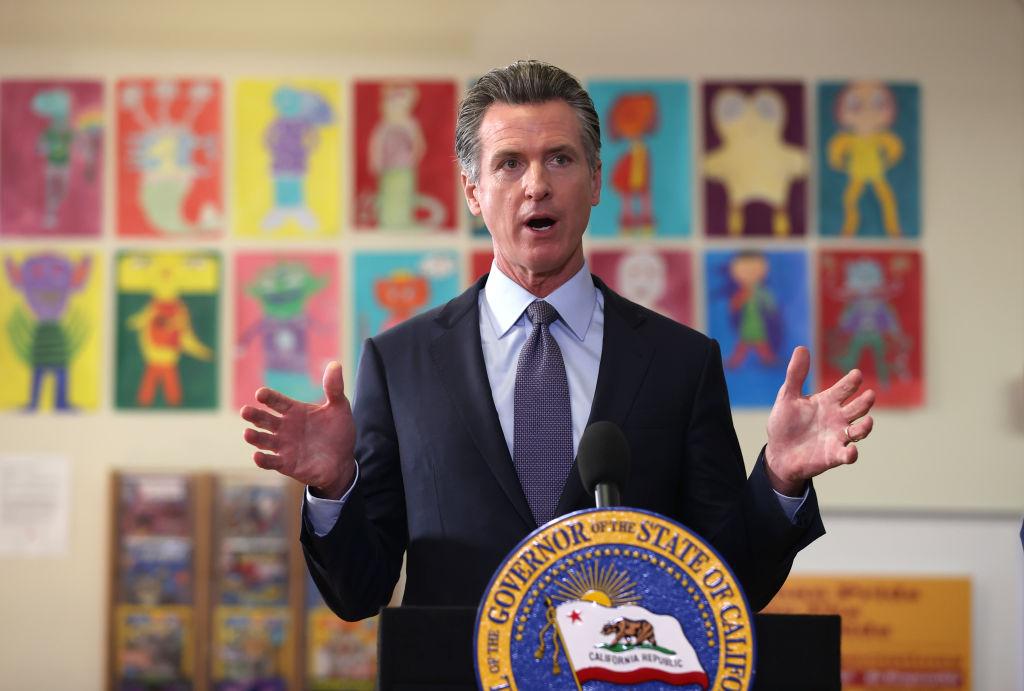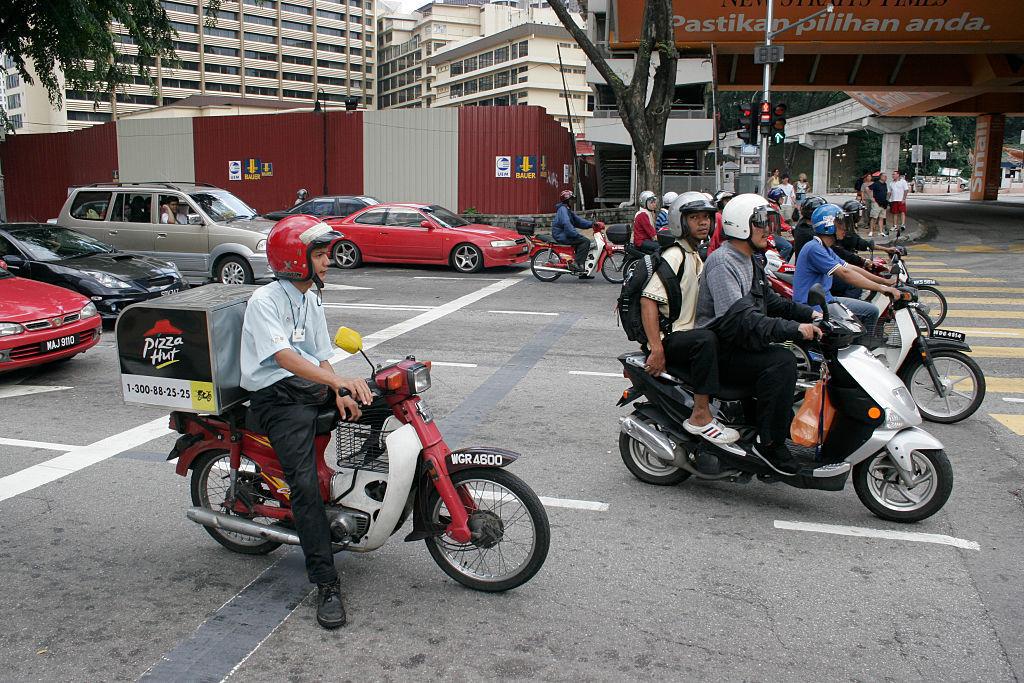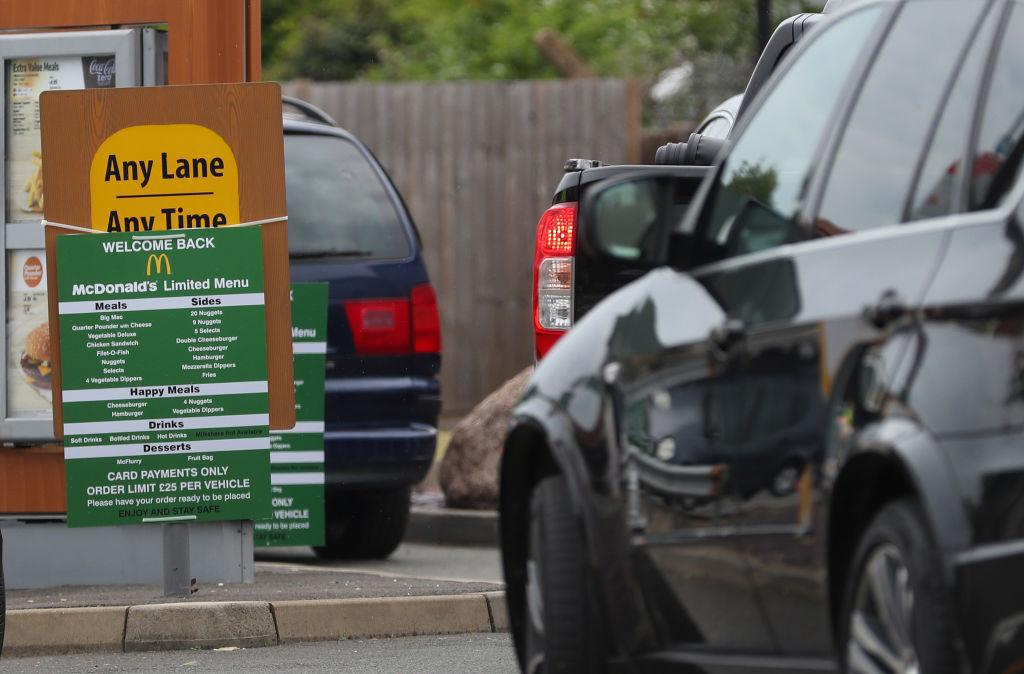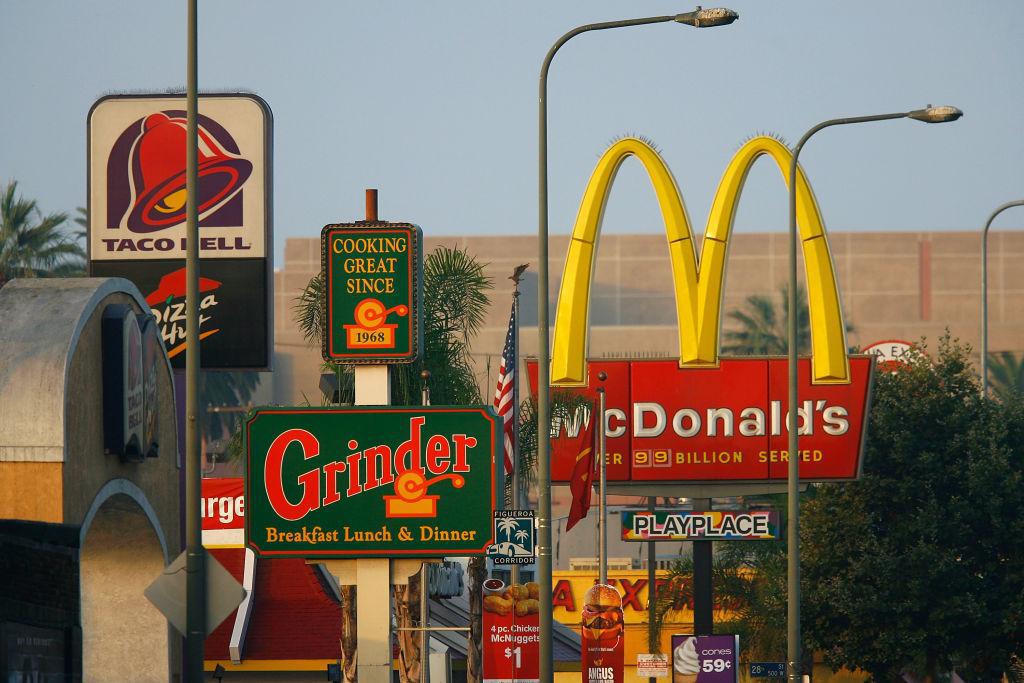California plans to officially raise the state’s minimum wage for all fast food workers to $20 this April in a bid to fight against inequality.
While the idea appears genuine at heart, the reality of the decision will negatively affect business across the Golden State, with many worried about the future.
Gavin Newsom Signs in New Bill

Last September, California’s longtime governor, Gavin Newsom, signed a new bill that states all of the state’s fast food workers would receive at least $20 per hour.
With the bill set to take effect at the beginning of April, fast-food restaurants are beginning to feel the burn as owners are forced to find solutions to cope with the increasing bills.
Pizza Hut Let Go of Workers

Not long after the announcement, Pizza Hut announced it would be letting go of over 1,200 delivery drivers as they could no longer afford to pay the drivers due to the new law.
Small family-run businesses are feeling the pressure just as much as the franchises, and they are running out of time to find long-term solutions as April rapidly approaches.
Challenges Californian Businesses are Facing

During a recent video posted on his YouTube, Michael Bordenaro interviewed Marcus Wallberg, a Californian fast food business owner.
Wallberg opens up about the challenges he’s now facing due to the increase in minimum wage and explains what customers should expect in the future.
Menu Items Price Hike

During the video, Bordenaro explains customers should prepare for the increase of menu items at fast food chains across the state.
Due to the recent inflation, customers have already expressed dissatisfaction with the increasing prices. Another price hike may shift consumer behavior dramatically, forcing many fast-food chains to lose their loyal customers.
Fast Food Restaurants Implement Changes

Fast food chains throughout California have already begun implementing changes to ensure they stay afloat amid the transition.
Many have been forced to cut employee hours and run operations with fewer crew members. Others have decided to stop hiring altogether.
Employee Benefits Begin to Disappear

Unfortunately, some businesses have been forced to remove paid vacation time in an attempt to cope with the new financial burdens.
Bordenaro said that the situation could dramatically affect workers’ morale. But some businesses have no other option as they aim to remain profitable beyond April.
The Domino Effect

With entry-level positions now being paid a flat $20 fee per hour, fast food chains will be forced to hike the wage for shift leaders and managers to ensure these positions are still sought after.
This leads to further strain on the finances of Californian fast-food restaurants.
Migration Toward Fast Food Jobs

With the increase in minimum wage, workers may begin to flock to the fast food industry in hopes of obtaining consistent pay.
Workers who once replied on tips at restaurants across the state may find the $20 guarantee so lucrative that it creates much more competition in the fast food industry.
The End of Fast Food in California

Fast food became popular across the states for two main reasons: fast service and low prices.
With the latter no longer applying in states such as California, people online have begun to argue the recent increase in minimum wage could be a nail in the coffin for many fast food restaurants in the Golden State.
More Mom & Pop Restaurants

Nearly two thousand comments were left under Bordenaro’s videos, with many expressing their opinion on Newsom’s new bill. Others used it as an opportunity to express their dislike for the fast food industry.
One user wrote, “We need less fast food and more local mom-and-pop restaurants. Franchise fees are ridiculous” (via MSN).
Investors Leech the Profit

Others surmise the problem lies in greedy franchise investors who profit from the company.
“In & Out Burger has much better taste and quality, it’s much cheaper, and has long paid their employees $20 starting pay. How do they do that? No franchise fees! The problem is not the wages, the problem is too many investors leeching off the profit,” wrote another user.
